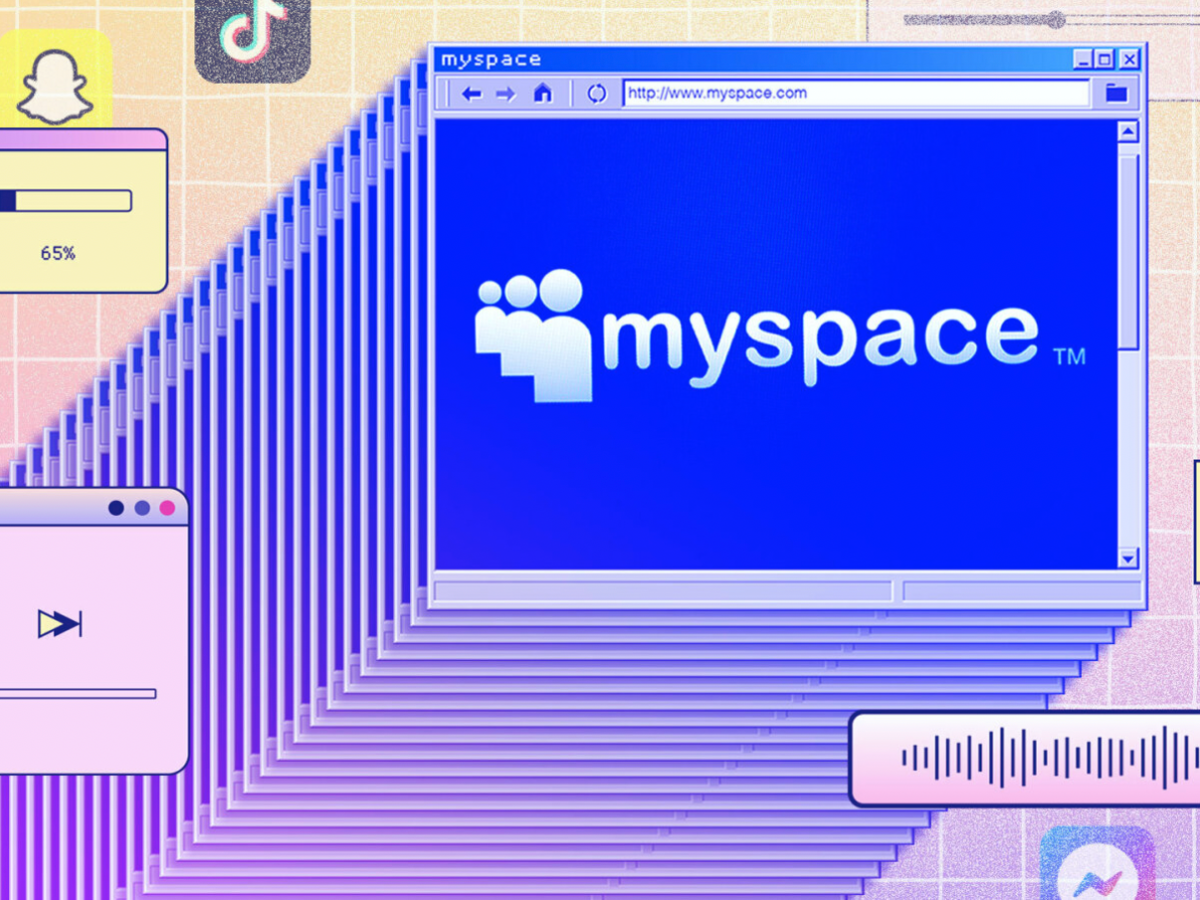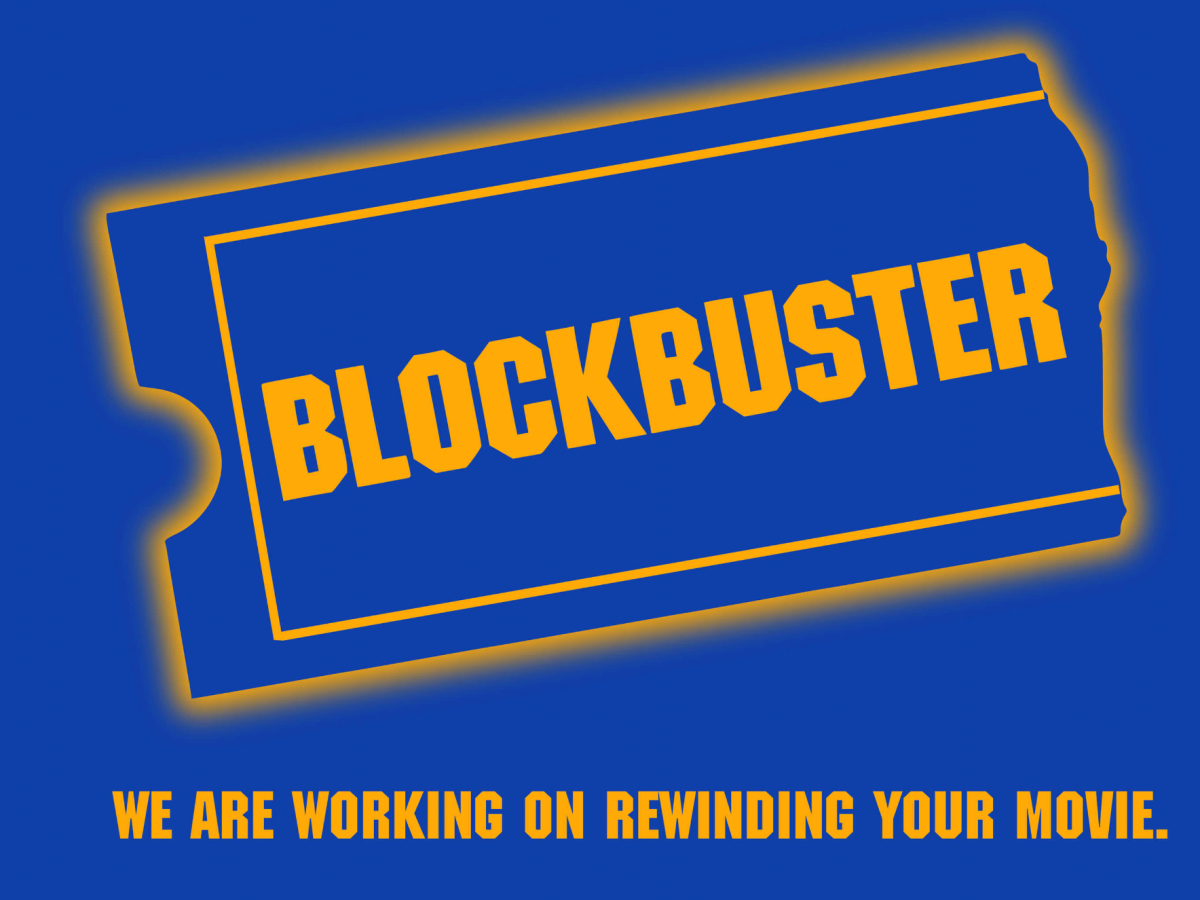
This is the project site for the Cultural History of the Internet course at Johns Hopkins University.
A collective project, it takes a critical approach to internet history, considering a wide spectrum of cultural practices involved in web services and apps, while exploring questions of access and algorithmic bias. It takes an interest in not only the common narratives of innovation, extending from the military infrastructure of ARPANET to the nineties dot-com boom to the emerging internet of things, but also the host of dead ends and lost sites, net ephemera, and once thriving web cultures that risk being forgotten.
The course’s guiding framework is the circuit of culture approach developed by du Gay et al. (1997), which emphasizes the role of meaning in the creation of cultural commodities and outlines five interconnected areas for analyzing any cultural object: “how it is represented, what social identities are associated with it, how it is produced and consumed, and what mechanisms regulate its distribution and use” (3). Significantly, it is an approach that developed in the same cultural moment as the internet was coming into everyday life and might itself be seen as an artifact of that moment.
Taught by Kyle Stine.
Last.fm as Seen by the Circuit of Culture
Hello, all. For this presentation, I wanted to explore one of my favorite and most visited sites of the last couple of years: Last.fm. Admittedly, I am late to the Last.fm train with the site having a resurgence in popularity since a quiet time of its history in around mid 2010s. I only hopped on…
The Creation, Rise, and Fall of Myspace
The claim to the title of ‘oldest social media platform in the world’ is a highly contested one, but Myspace is a worthy competitor. Though there have been other sites active before its launch (such as Six Degrees and Friendster) Myspace was the first platform of its kind that is reminiscent of social media of…
Blockbuster Circa 2003
Blockbuster Circa 2003 Intro At its peak in 2004, Blockbuster had upwards of 60,000 employees, over 9,000 physical sites, and millions of daily visitors around America. It was a significant player in the home video market for over two decades. However, after 2004, Blockbuster came crashing down, filing for bankruptcy in 2010 and shutting down…


